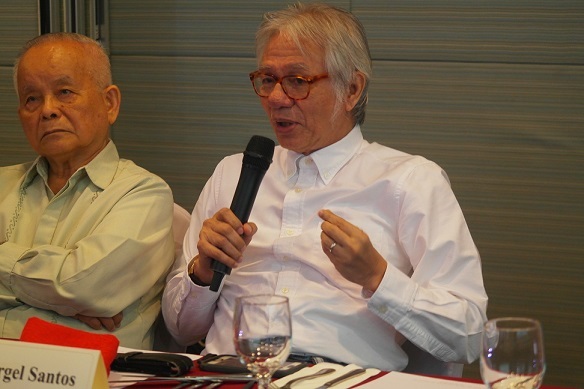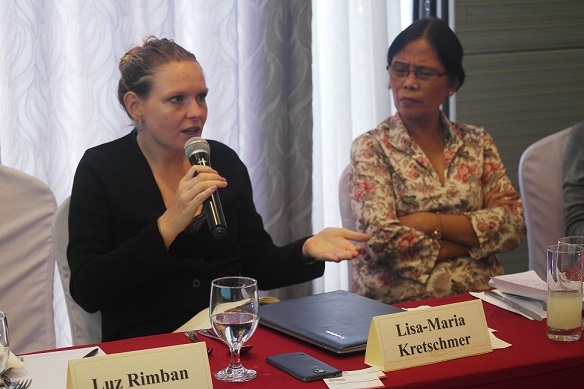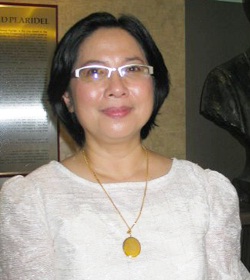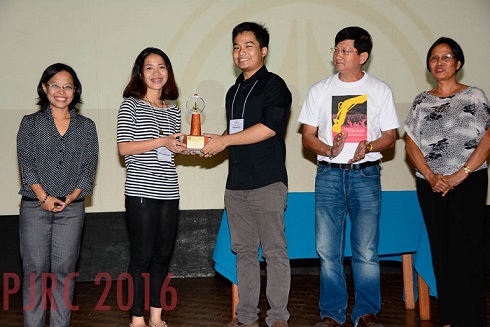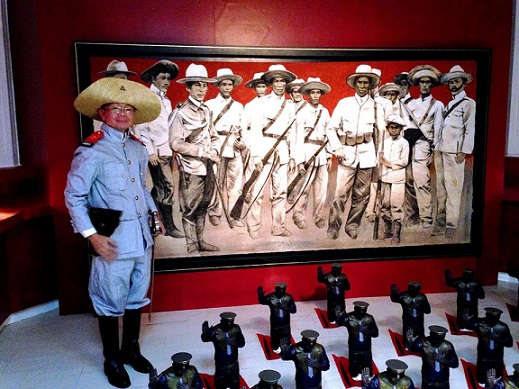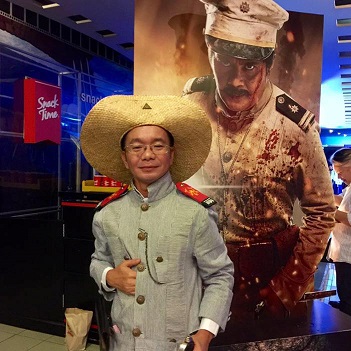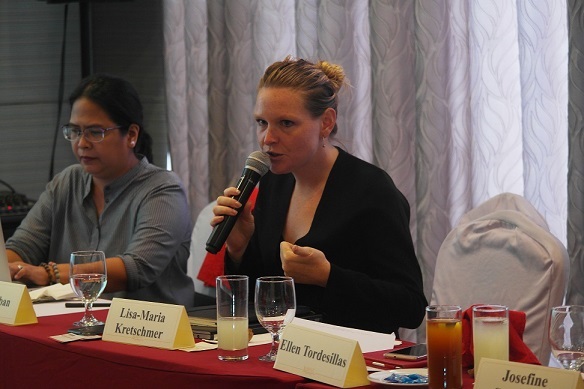
Lisa-Maria Kretschmer, head of Research & Project Coordinator of Reporters Without Borders Germany Media Ownership Monitor, explains the project they are undertaking with VERA Files in the Philippines. Beside her is LUZ Rimban, VERA Files trustee.
By YVETTE MORALES
VERA Files has partnered with Reporters ohne Grenzen, German section of Reporters sans frontières (Reporters without Borders, RSF) to embark on a three-month study of media ownership in the Philippines.
The Media Ownership Monitor (MOM) Philippines is part of RSF’s global project to study the extent of the concentration of media ownership, a prerequisite for securing freedom of the press and defending the diversity of opinions.
Vergel Santos, Chairman of the Center for Media Freedom and Responsibility, who was one of the participants in the roundtable discussion held last week to kick-off the project, called the MOM a “terrific,” much-needed initiative that will open people’s eyes to the power behind the media organizations.
“Whatever you say, the owners impose their will on the media organization,” Santos said. He added that the study will provide the public with a glimpse of how media owners’ interests become part of the news agenda, and what kind of gatekeeping happens inside newsrooms.
The project, which employs a generic methodology for all countries, will look at ownership and media concentration of the most relevant newspapers, tabloids, online news sites, television and radio stations based on audience share.
“If your figures are really high, that means you’re widely circulated, that means you have more readers and that means and it can […] translate into, let’s say, good business. Meaning, a lot of advertisers would want to publish their ads on the paper,” said Ariel Sebellino, Executive Director of the Philippine Press Institute, who was also one of the participants in the roundtable discussion.
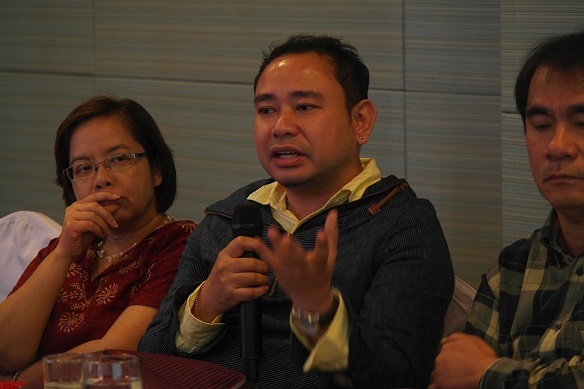
From left to right: Rachel Khan, chair of the Journalism Department, UP;Ariel Sebellino, PPI executive director; and Ramon Tuazon of the Asian Institute of Journalism and Communication.
A website will be put up to contain the result of the study which will be presented to the public in November in a press conference to be followed by an academic workshop on media pluralism.
RSF started MOM in Colombia and Cambodia in 2015. This year, aside from the Philippines, RSF is also undertaking MOM in Tunisia, Turkey, Mongolia, Peru, and Ukraine.
Reporters Without Borders Germany has existed for 21 years and is part of the international, Paris-based organization Reporters sans frontières, whose aim is to defend human rights, in particular freedom of the press and the right to inform and be informed anywhere in the world.
VERA Files is nonprofit media organization composed of veteran journalists committed to advance excellence in journalism by engaging in research-intensive, high-impact reports in multiple formats and providing training, particularly mentoring of journalists.
